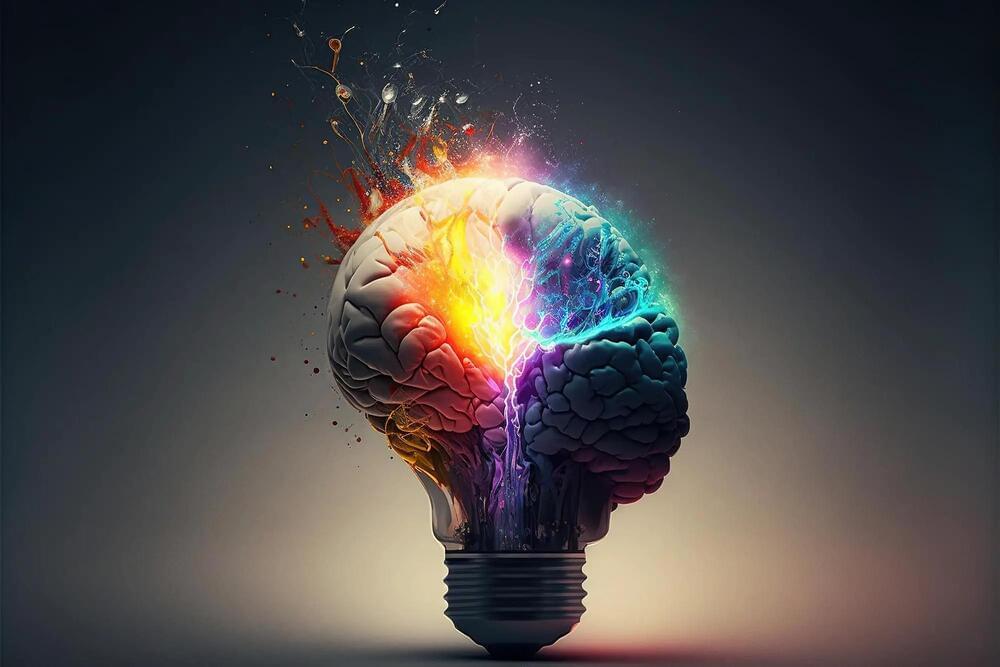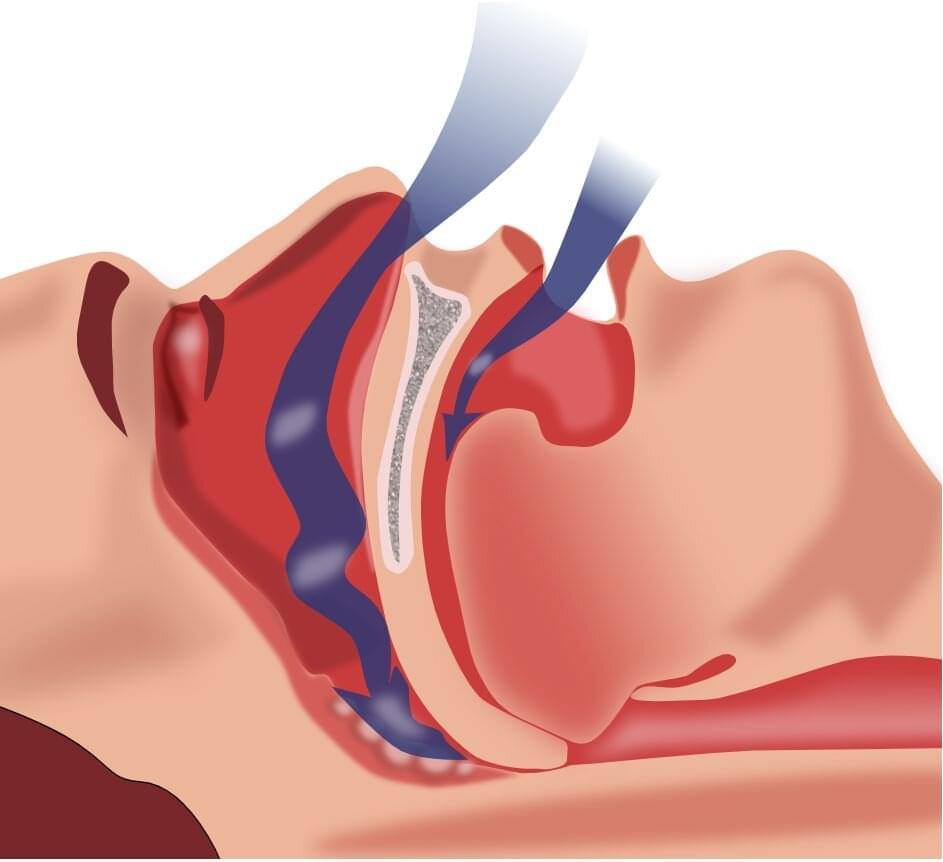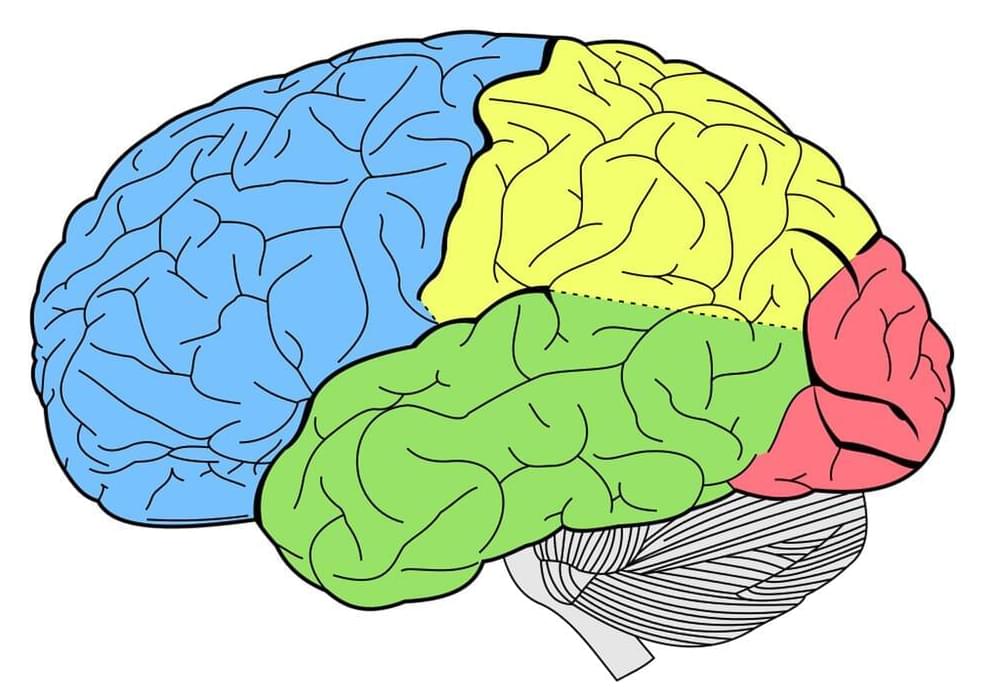A team of researchers has recently claimed to have discovered six chemical cocktails that could help reverse biological aging. Yet these preliminary laboratory results are a long way away from being applied to humans.



Adopting a curious mindset over a high-pressure one can enhance memory, according to recent research from Duke University. The study showed that participants who envisioned themselves as a thief planning a heist in a virtual art museum demonstrated better recall of the paintings they encountered than those who imagined executing the heist on the spot while playing the same computer game.
The slight variation in motivations — the urgent need to achieve immediate goals versus the curious exploration for future objectives — could have significant implications in real-life scenarios. These include incentivizing people to receive a vaccine, prompting action against climate change, and potentially providing new treatments for psychiatric conditions.
The findings were recently published in the Proceedings of the National Academy of Sciences.
Humans have a distinctive skeleton, and are the only bipedal great apes (the great ape species are bonobos, chimpanzees, gorillas, orangutans, and humans). While the evolution of the human skeleton enabled us to walk upright, it also led to the rise of musculoskeletal disease. It’s thought that cognitive development began to accelerate in humans once we started to move around, adapt to new environments, and make use of tools. Researchers have now used advanced computational tools and a trove of human genetic data in the UK Biobank to outline the genetic changes that occurred as primates started to walk upright for the first time.
These findings, which were reported in Science, have suggested that natural selection had a strong influence on the genetic changes that altered our anatomy, and gave early humans an evolutionary leg up.

Related: Worldcoin confirms it is the cause of mysterious Safe deployments
The stark contrast in the number of sign-ups before and after the launch suggests a lack of enthusiasm. However, the early on-boards also proved controversial, with one MIT report suggesting that the developers behind the project attracted the first million using deception, cash handouts and more, especially in developing countries where data laws are notably weak.
Worldcoin has drawn scrutiny and commentary from many well-known names in the crypto community, including Ethereum co-founder Vitalik Buterin and Twitter co-founder Jack Dorsey. In its defense, the project has maintained that it doesn’t collect personal information and can delete the biometric data upon user request.


Researchers have found that people with obstructive sleep apnea have an increased cardiovascular risk due to reduced blood oxygen levels, largely explained by interrupted breathing. Obstructive sleep apnea has long been associated with increased risk of cardiovascular issues, including heart attack, stroke, and death, but the findings from this study, published in the American Journal of Respiratory and Critical Care Medicine, show the mechanism mostly responsible for the link.
“These findings will help better characterize high-risk versions of obstructive sleep apnea,” said Ali Azarbarzin, Ph.D., a study author and director of the Sleep Apnea Health Outcomes Research Group at Brigham and Women’s Hospital and Harvard Medical School, Boston. “We think that including a higher-risk version of obstructive sleep apnea in a randomized clinical trial would hopefully show that treating sleep apnea could help prevent future cardiovascular outcomes.”
Researchers reviewed data from more than 4,500 middle-aged and older adults who participated in the Osteoporotic Fractures in Men Study (MrOS) and the Multi-Ethnic Study of Atherosclerosis (MESA), and sought to identify features of obstructive sleep apnea that could explain why some people were more likely than others to develop cardiovascular disease or related death.

Antimicrobial peptides (AMPs)—small peptides that protect against microbial infection—are crucial immune effectors in both plants and animals. They not only fight against potential infections, they also influence the composition of the host’s microbiome. Little is known about the driving forces behind AMPs’ rapid evolution. Now, a study uncovers the selective pressures driving the evolution of AMPs and how they control bacteria in the host’s microbiome.
The work is published in Science in the paper, “Ecology-relevant bacteria drive the evolution of host antimicrobial peptides in Drosophila.”
The researchers focused on Diptericin (Dpt), a small antimicrobial peptide that mainly defends Drosophila against Gram-negative bacteria. The team examined how Diptericins function in Drosophila and evolve in response to their microbial environment.

I used to wear Vans when I was a kid. I hope I can buy these. I forgot about them. They are from the Space Voyager collection. There is a link below. Imagine if Lifeboat had a shoe. What merchandise does Lifeboat have? T-Shirts are easy to make, can not just make money, but also are a walking advertisement that can even have the web address on it.
https://www.vans.eu/space-voyager.html
A Sk8-Hi MTE & Old Skool are on the way.

An international team led by investigators at McLean Hospital has analyzed the genes expressed in approximately 575,000 individual cells from the brains of people with and without post-traumatic stress and major depressive disorders (PTSD and MDD), revealing new insights into the mechanisms behind the brain’s stress response in these conditions.
The findings, which are published in The American Journal of Psychiatry, could lead to novel markers of PTSD and MDD and well as new therapeutic targets.
Because studies have implicated the dorsolateral prefrontal cortex (DLPFC) region of the brain in PTSD and MDD, the scientists compared the genes expressed in cells in DLPFC samples collected postmortem from 11 individuals with PTSD, 10 with MDD, and 11 without either of these conditions with a replication dataset half the size. The researchers detected which genes were expressed by which cells—including eight different types of cells—through a technique called single-cell RNA sequencing.

This post is also available in:  עברית (Hebrew)
עברית (Hebrew)
What is the invisible cost of AI technology? Experts express their worries about privacy breaches.
AI-powered technology is constantly growing, and with it grows the amount of personal information collected and processed. But how do AI-powered apps impact user privacy?